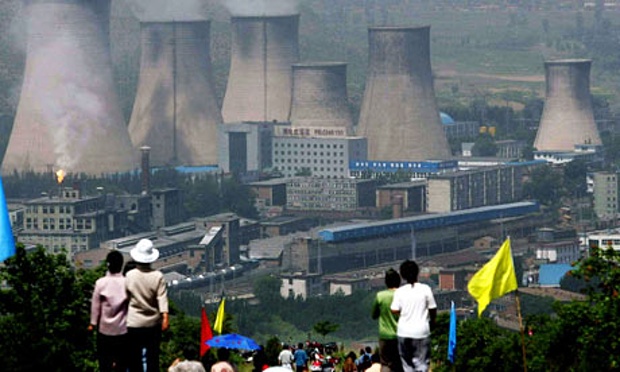China plans to build as many as eight new nuclear power plants every year for the next five years to help fulfil its clean energy needs. The plan translates to 110 nuclear power plants operating in the country by 2030, more than even the United States.
To pay for the plants, China will invest RMB 500 billion ($78.8 billion) in hopes of raising domestic electricity generation to 58 thousand gigawatts by 2020, three times the rate of production in 2014. But the massive focus on nuclear power to supply clean energy has some experts in China worried.
He Zuoxiu, a theoretical physicist at the Chinese Academy of Sciences, said China has yet to implement sufficient safety controls, adding that in developing clean energy China should focus on wind and solar technology.
However, Zhou Dadi, vice director of the China Energy Research Society, said China is in a “great position to develop its nuclear projects” and downplayed any doubts. “Due to China’s mature nuclear technology and strict safety controls, serious accidents are unlikely to happen,” said Zhou, adding that in developing its own nuclear infrastructure, China can reduce its dependence on foreign energy imports.
China has been practicing responding to nuclear disasters with national-level safety drills, and sometimes have responded to real problems. In a 2014 case, a worker at Ling’ao nuclear power station negligently sealed an air radiation monitor to keep dust from entering it, an incident the chairman of the station brushed off as “insignificant”.
China has also been active in building nuclear power plants around the world, often attracting controversy in the process. The opposition in the British Parliament criticized a deal that would see China build nuclear power plants in the UK as compromising national security and condoning China’s human rights record.
China’s participation in building nuclear power plants in Pakistan has also been met with international opposition, in part due to China’s role in aiding Pakistan to become a nuclear power despite having signed treaties that forbid it.

